Living in a region has its share of challenges. Among these, buying local and responsible consumption. Really?
In terms of food, a majority of Quebecers have nevertheless adopted this buying practice. According to the Responsible Consumption Barometer published in 2016 by the Responsible Consumption Observatory of UQAM's School of Management Sciences , more than 66% of Quebec consumers favor this behavior because it responds to their concern to protect the environment. On the other hand, with regard to clothing, home accessories, beauty and health products, decorative items, toys or household products, we often have the impression that the offer in the region is limited. Especially in remote areas.
Limited offer or unknown offer? A bit of both. A look at local and responsible consumption in the region.
What is a local product?
After having lived in Montreal and Gatineau alternately for twelve years, I chose in 2010 to come back and settle in my hometown. Wise decision! The traffic, the concrete, the race against the clock, the stressed people (including me), I didn't feel like it anymore. I needed clean air. And I needed my daily dose of nature not to be limited to Mount Royal or Gatineau Park.
Since my return to the region, I attach even more importance to buying local. For me, it's a way to make a difference in my community, to consume responsibly. But beware! Local product does not equal Made in Bangladesh object purchased at the local general store or supermarket. No!
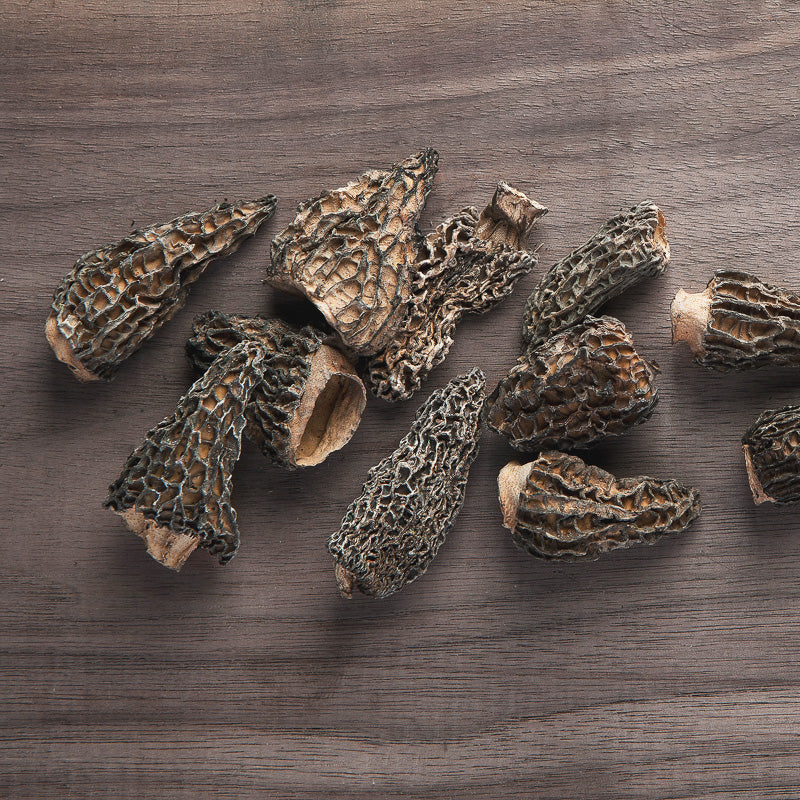
The offer in Quebec is vast and diversified, do not hesitate to buy and cook food from here. Photo: Morel Quebec
Even if there is no definition set in stone in this area, experts agree that a local product must be manufactured or produced within a radius of 100 to 250 kilometers from home. This definition applies above all to the food sector. For the rest, I follow my own rule and I consider that a local product is a product made or produced in Quebec by people from here and according to ethical principles. But how do I find a shoe that suits me when I live 130 kilometers from the nearest urban centre?
Quebec food: busting the myths
“Eating local is expensive! Eating local is complicated! There are only apples and potatoes that grow in Quebec! "I'll stop you right now. Eating local without breaking the bank is possible. Eat something other than McIntosh too. In fact, for the past few years, the offer and initiatives have been deployed to make local products accessible to a greater number of consumers. The Family Farmers group is one of them. Subscription to the organic baskets of this association of enthusiasts allows you to receive local and seasonal products at home, summer and winter alike.
At the grocery store, it's about learning how to make the right choices and favoring foods from Quebec. Carrots from the United States and garlic from China, no! The more consumers demand food from here, the more merchants will have to adapt. Aliments du Québec , whose mission is to promote the local agri-food industry, works in this direction.
The offer in Quebec is vast and diversified, do not hesitate to buy and cook food from here. As a bonus, our bill will be reduced since the cost associated with transporting food will also be reduced, which creates a positive impact on the environment. Responsible consumption and local purchasing go hand in hand. It's great, right?
Explore your region
In my MRC, there are dozens of producers of local flavors: cheese, bread, fruits, vegetables, honey, maple syrup, chocolate, eggs, hallelujah! We often have the impression that the regions have nothing to offer. On the contrary! Fruits and vegetables do not grow on the stalls of the Jean-Talon market. Cheese factory, vineyard or orchard may be within walking distance of your home. Several localities also have their own local market where the various local producers gather.
Another way to discover local flavors is to participate in gourmet fairs, present in most localities in Quebec. There are so many ways to make country foods your own. We would be fools to do without it. As the saying goes, who wants “hunger” takes the means.

Photo: Carrement Tarte
In addition to food, the offer of Quebec products continues to evolve. In my small town of about 3,500 people, we're lucky to have the coolest shop (thanks, Francesca!). My boyfriend and I swear by this place for all things cosmetics and household products. We buy our Saponaria soap , our Druide mosquito repellent , our Rise kombucha and all our household products in bulk, due to environmental awareness. Do not hesitate to do your research, to question those around you. Chances are a small independent boutique is near you. A visit will convince you.
Demystifying online shopping
Every year, during the holidays, a contest is organized in my locality to encourage shopping among merchants in the region.
I can only be in favor of this idea, with a certain caveat, however. Supporting local merchants is my priority! Provided, however, that an offer of products made in Quebec is available. If this is not the case, I prefer to turn to buying online. But not on any platform, oh no! Forget Amazon, eBay and company. My favorite choice: the Signé Local Marketplace , the largest online store of quality Quebec products. You do a search by region or by category, you filter and voila! You will find absolutely everything there and the delivery is free, in addition.
Many hate buying online and refuse to do so, claiming that it kills our economy. I rather believe that we must ask ourselves the right questions and analyze the situation before making our choices. In a recent article by Signé Local , Marjorie Imbeault of Ebwa explained that, on the contrary, buying online allowed Quebec businesses to exist and sell without having “chewed away all their profits”. There is still a lot of education to be done on this subject. For my part, I continue to repeat that I much prefer to order online an article made entirely in Quebec in an ethical way rather than buying an object from abroad at the big box store in my neighborhood. So!

Source: Mari photographer / Products: Atelier Bussière and LKPR
The cost
It is false to claim that only those who roll on gold have the privilege of obtaining local products. It's all about choice and balance. My motto? Consume less, but consume better. I'm far from perfect, but I let my conscience guide me. “Do I really need it? remains the first question to ask. For the rest, I trust my instinct which dictates my choices.
I love mangoes and I couldn't live without my morning coffee. But, when I have the option of buying local, it is this choice that predominates. I'd rather pay $100 for a sweater made in Quebec than pay $50 for imported pants that I'm going to have to get rid of at the end of the season because they're too worn, unstitched, faded or all three. About 75% of my wardrobe is from Quebec . Even my jeans are entirely made in Quebec! My clothes are of good quality. I swear to you, I still wear outfits I bought fifteen years ago! I choose classic pieces that don't go out of style, or only slightly, and that I can bring out again as the style or season changes. I own fewer clothes and fewer pairs of shoes than most of my friends, but I don't think I'm more unhappy than them.

Photo: Maillagogo
For the rest, a few years ago, I initiated a “Quebec” and responsible shift in terms of consumption. The arrival of Signé Local greatly satisfied the fan of local products that I am: accessories and food for animals, furniture, cosmetics, graphic arts, ceramics, children's toys, household products, jewellery… the list goes on. Thanks to the Signé Local directory , I discovered dozens of companies that meet my needs.
So, buying local in the region, a challenge or not? Of course, we have to use a minimum of ingenuity, put our network to good use and do some research. Even though Quebec shops and entrepreneurs abound in Montreal and Quebec, the regions are not left out. Spread the word.

Reviewed by Maud Duchesne
https://ocresponsable.com/barometre-de-la-consommation-responsable-edition-2016
Cover: Ocni


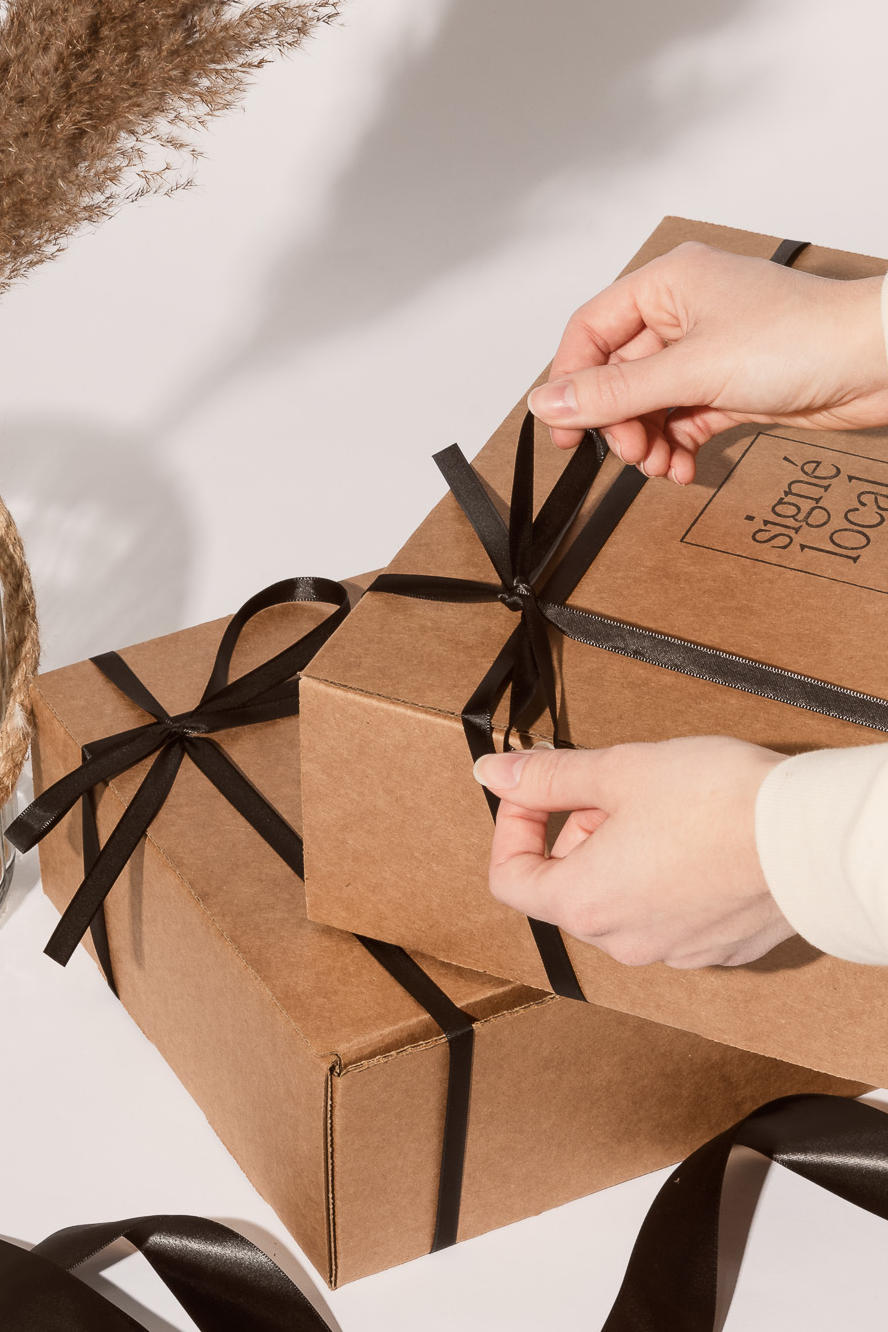
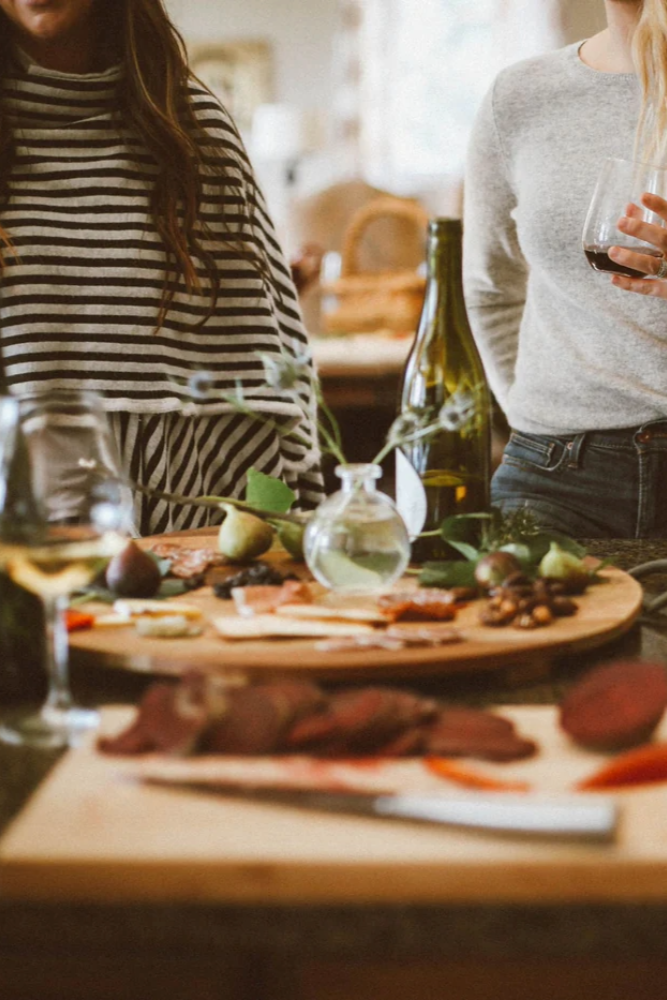

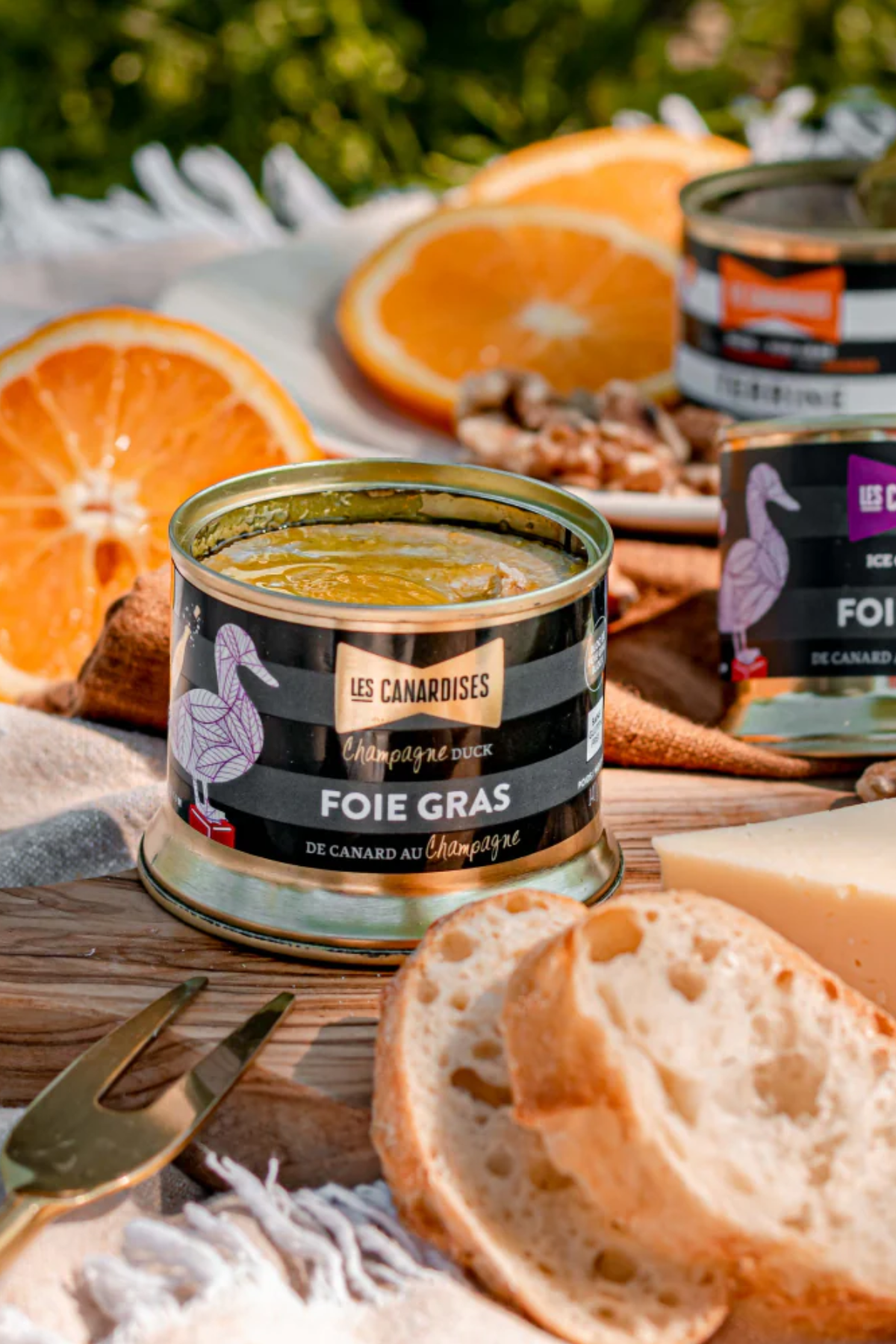
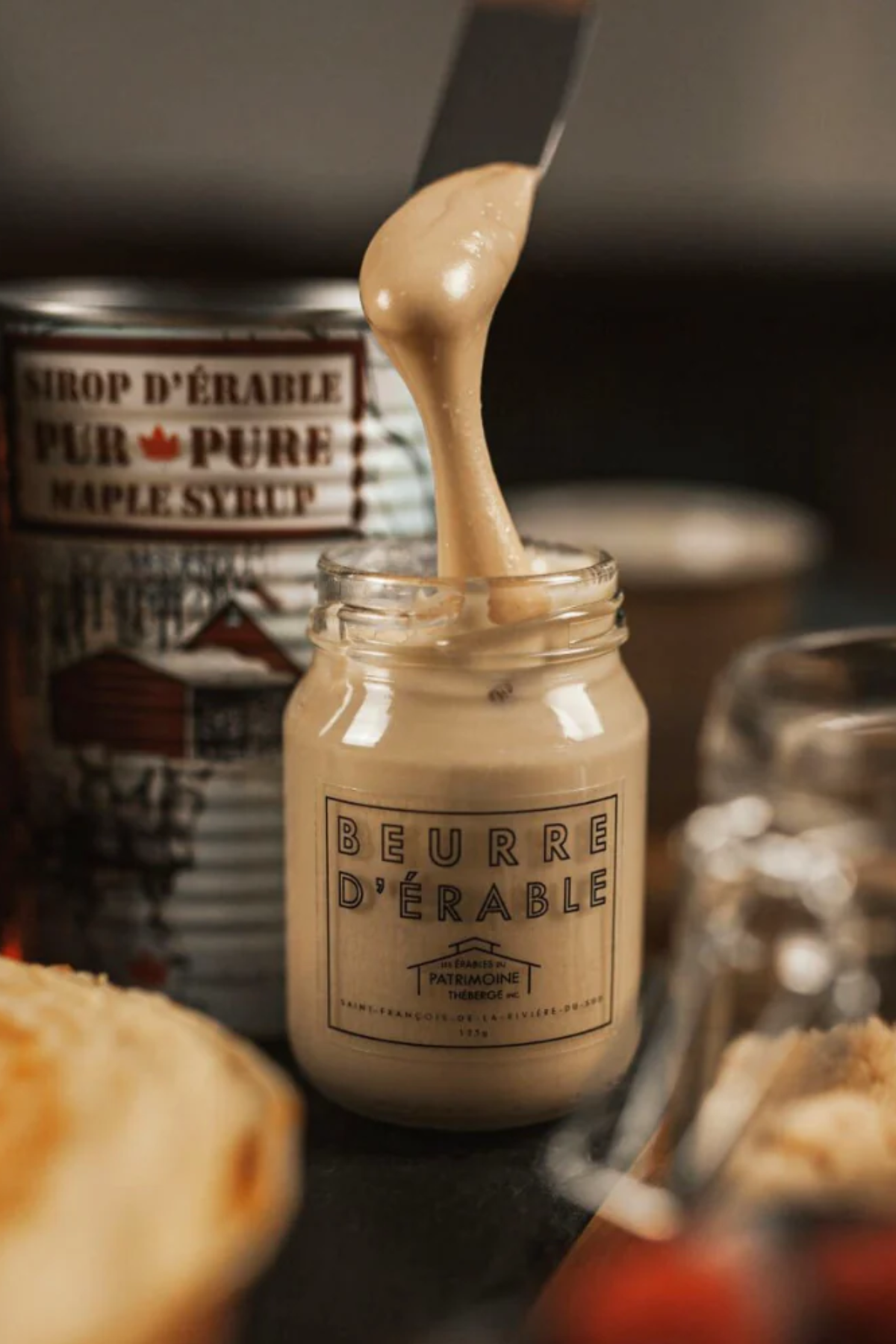
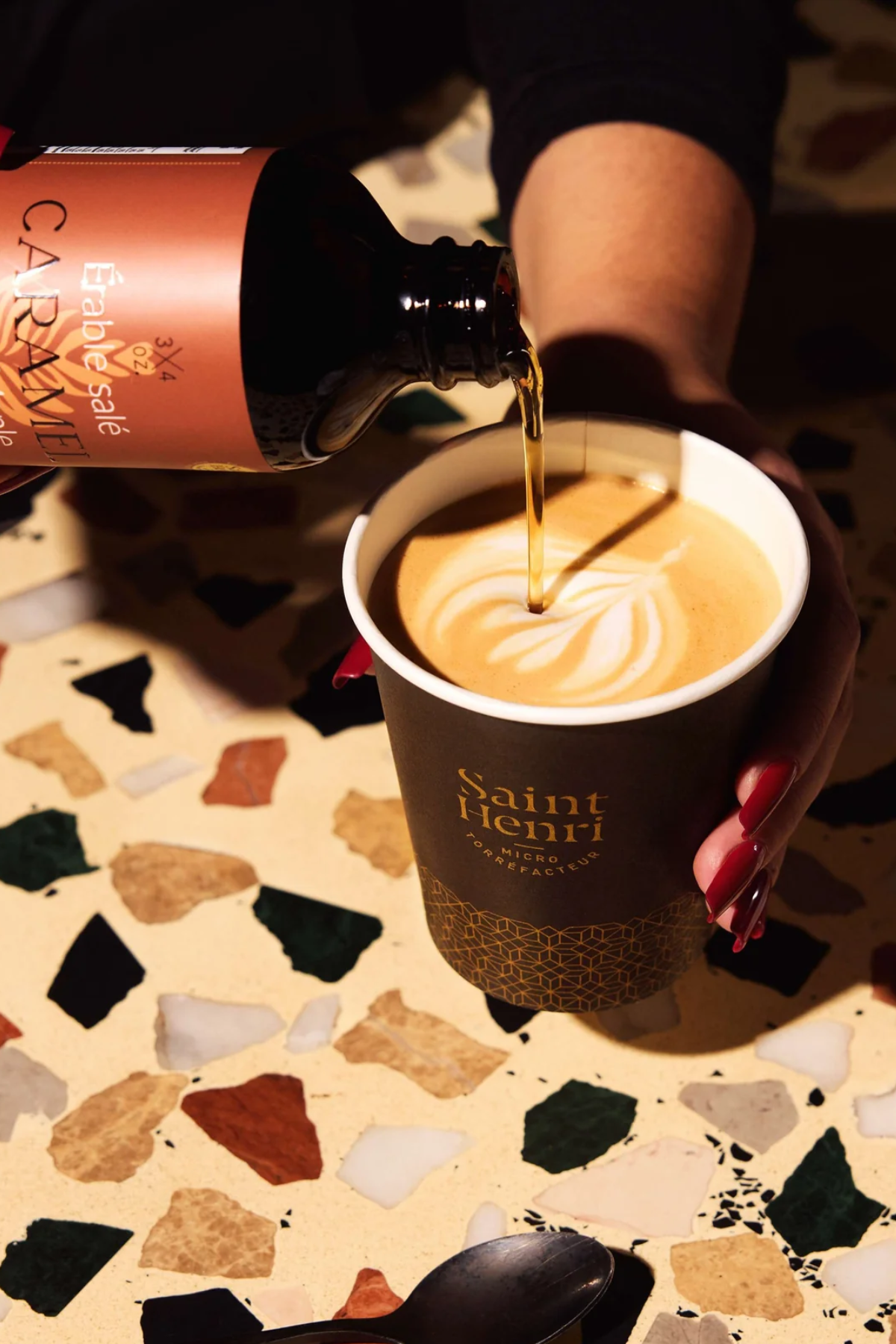


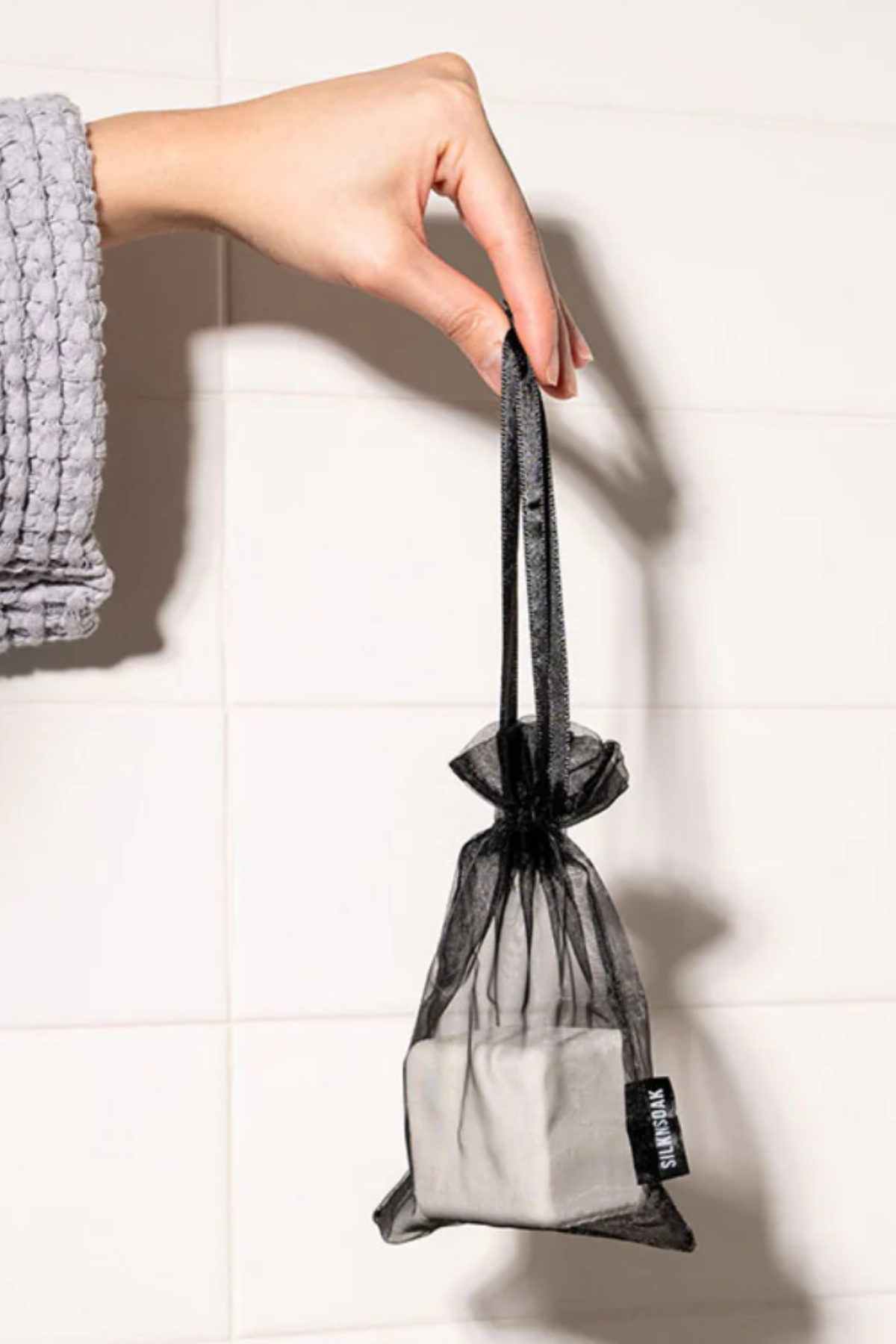
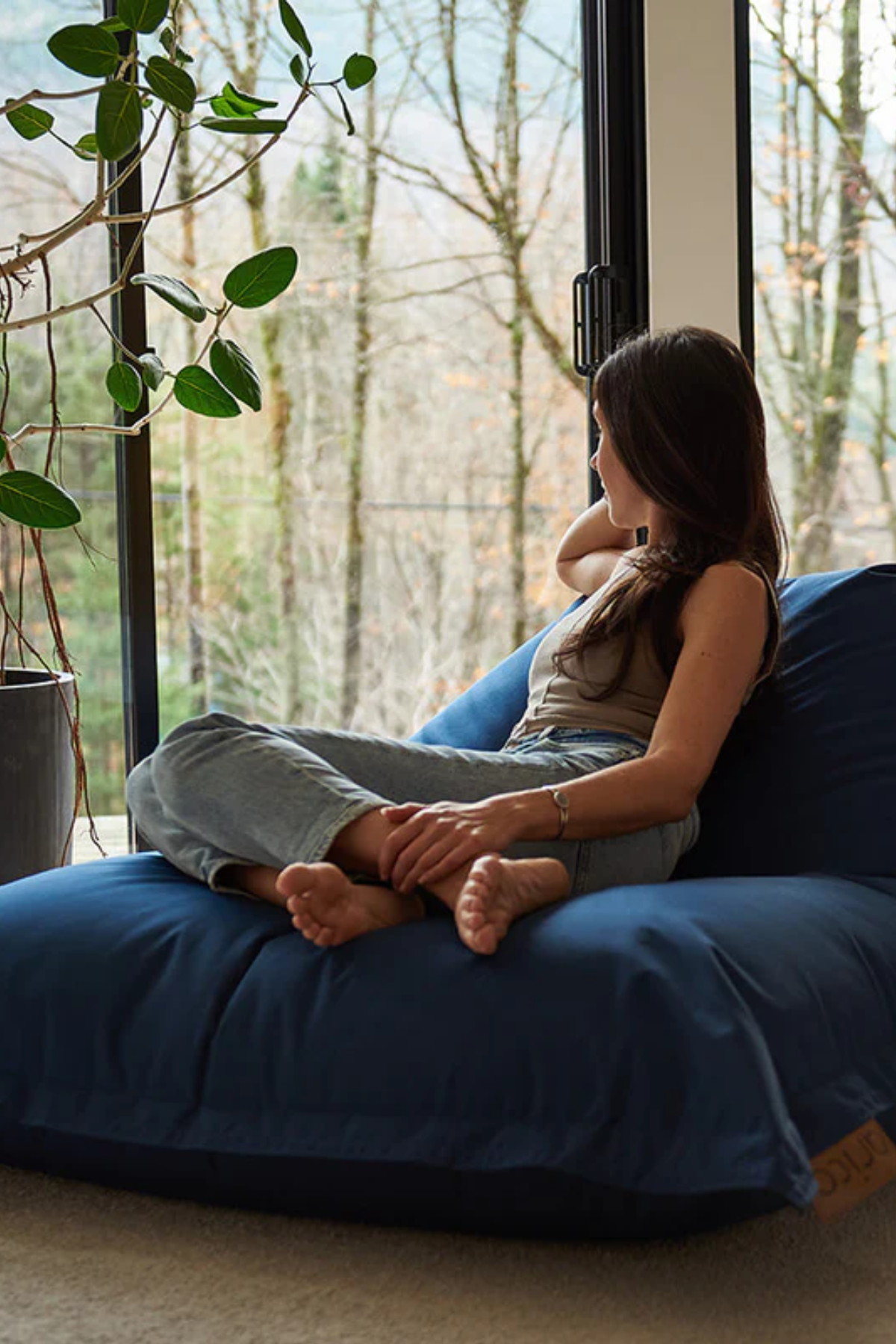

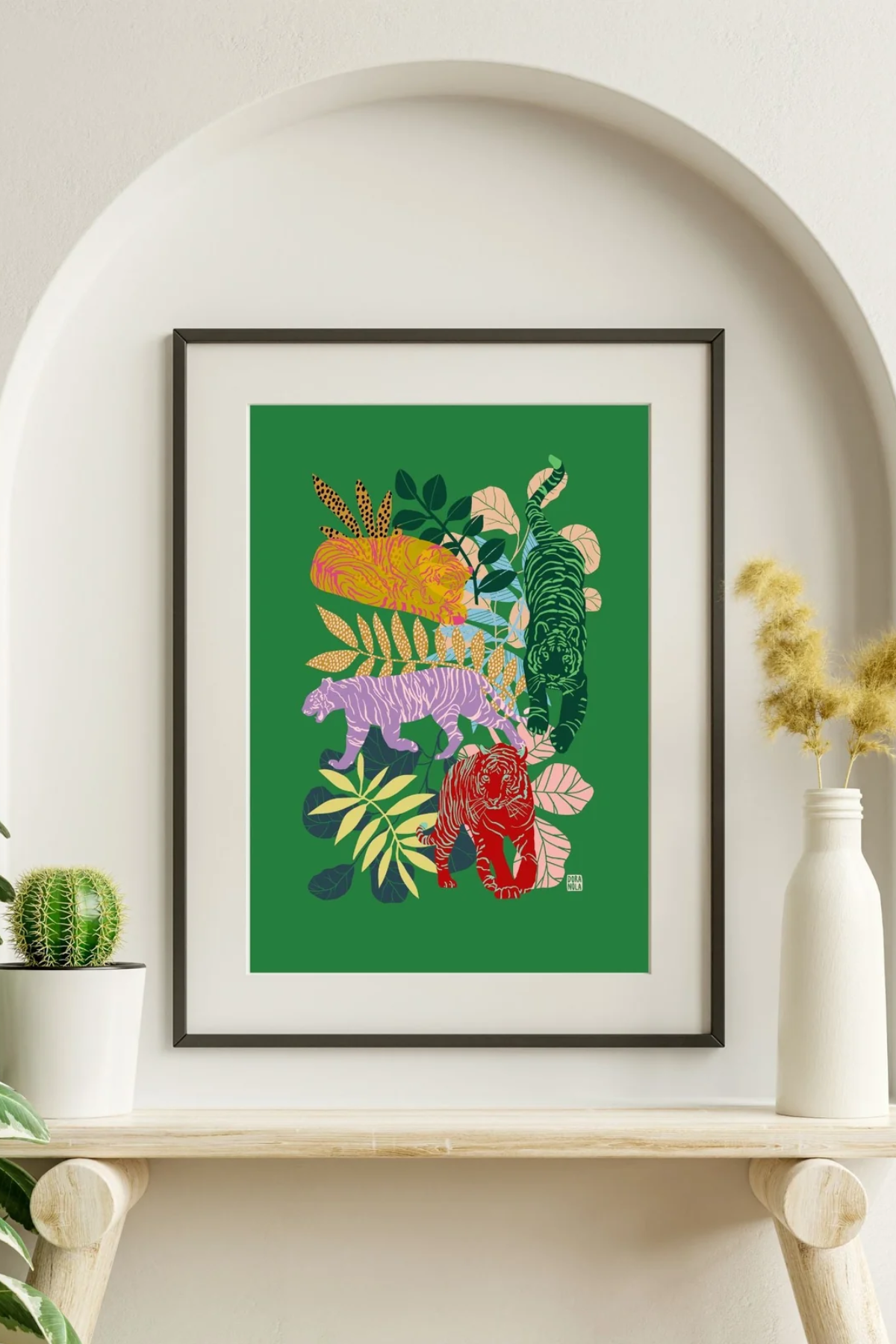
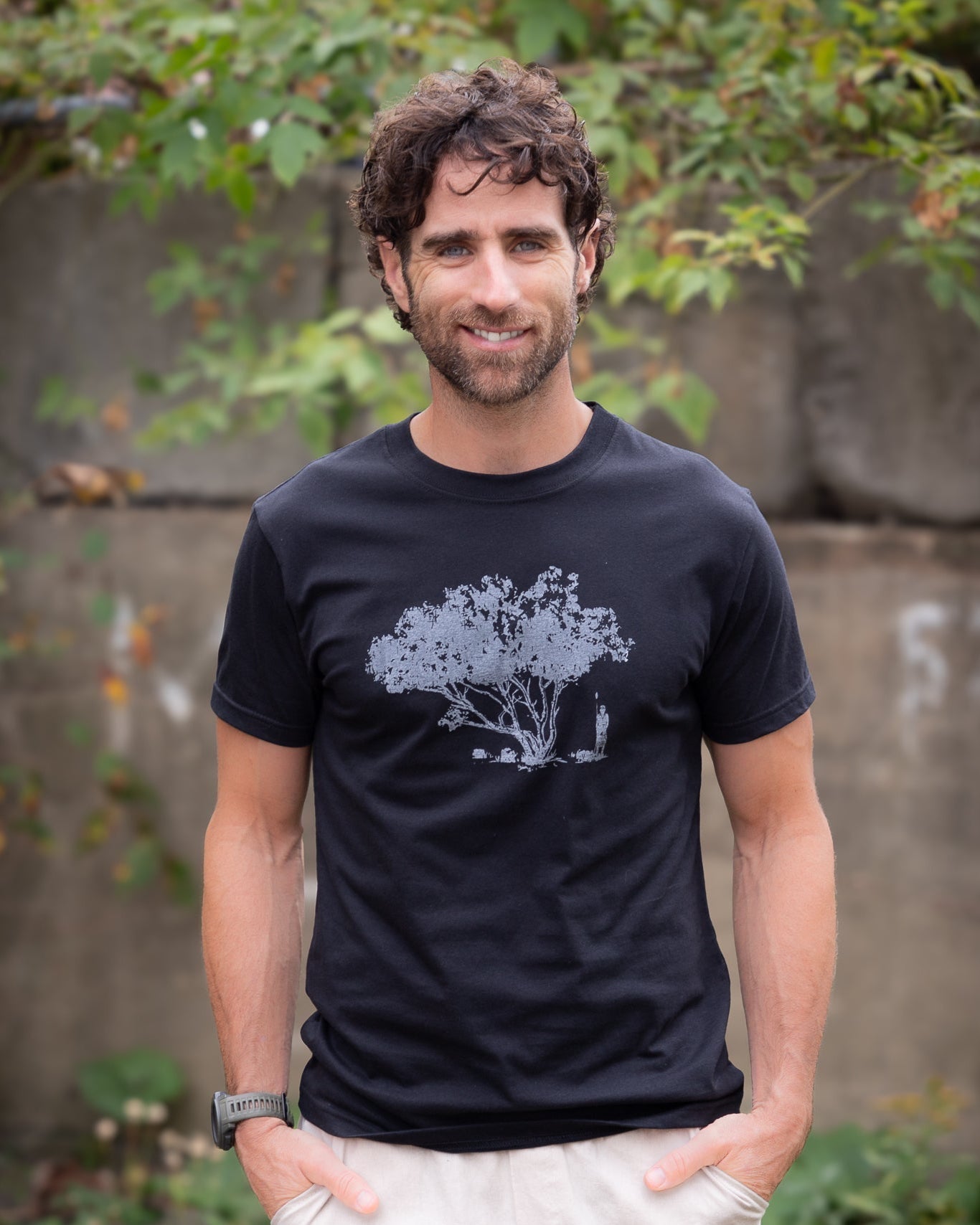




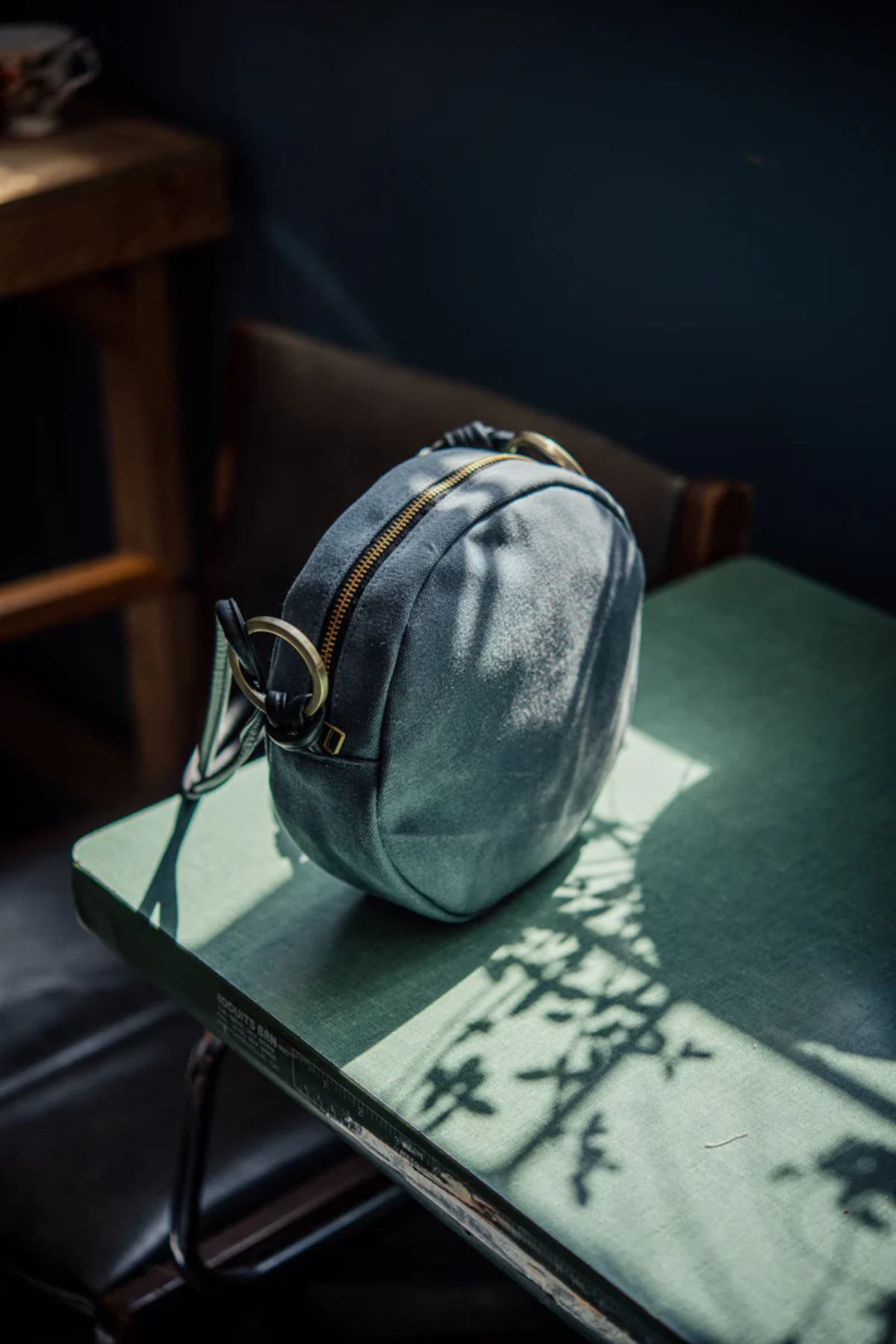
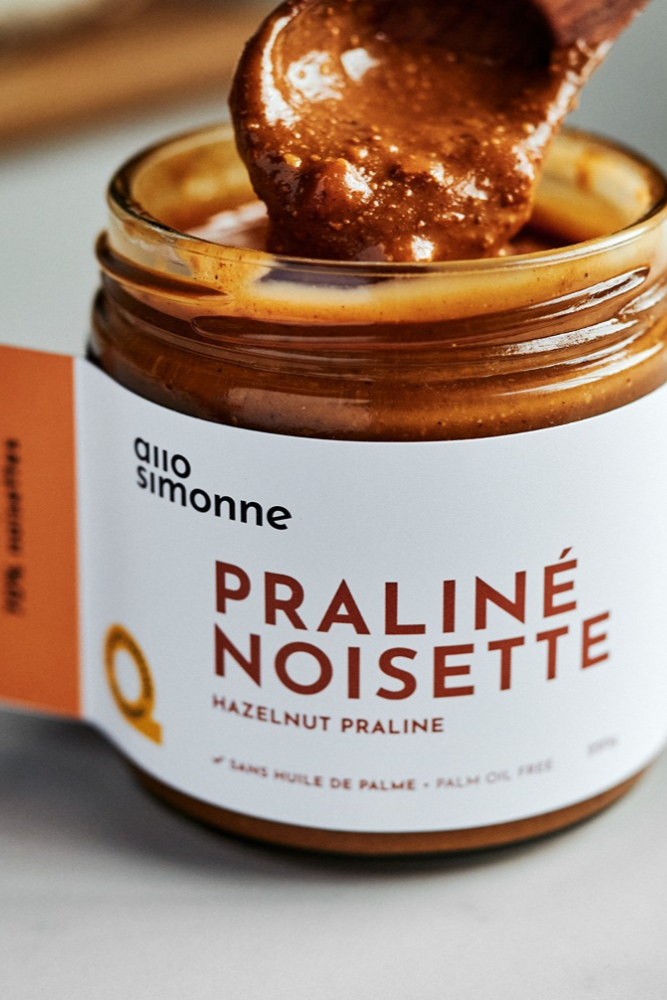
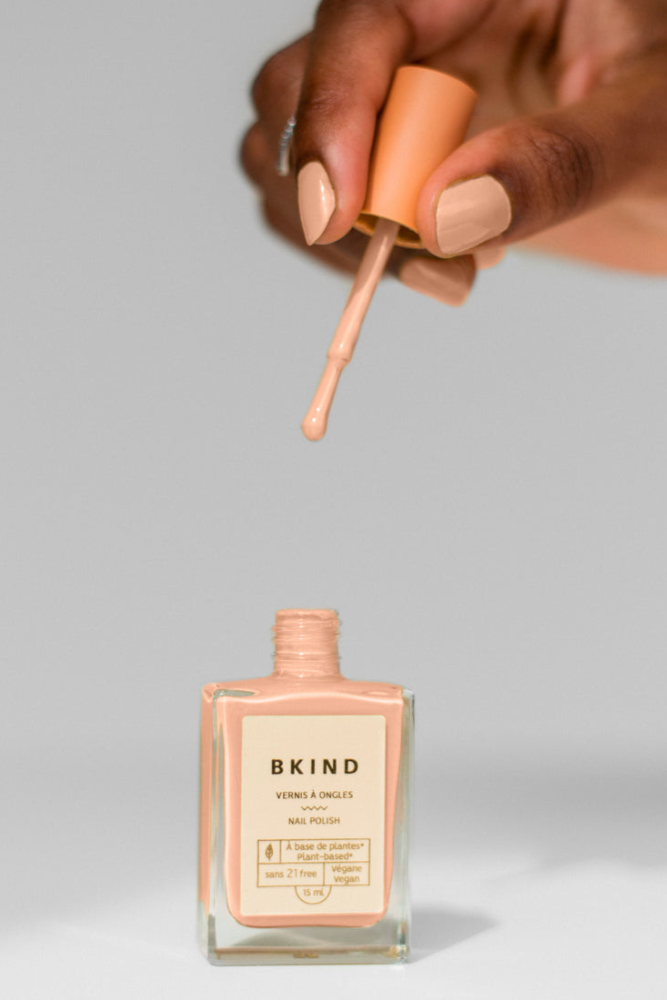
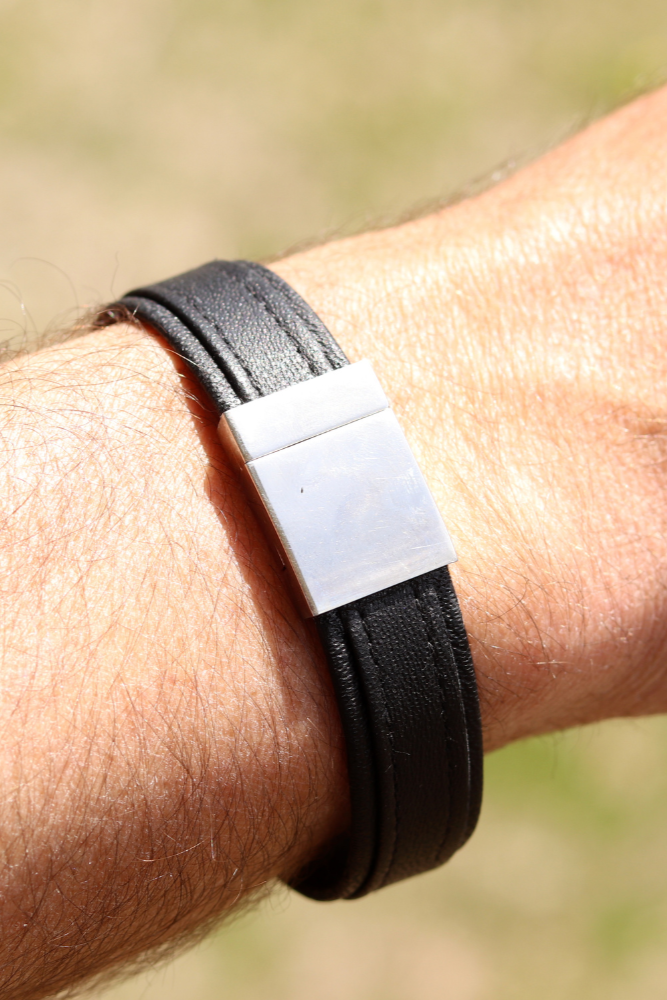

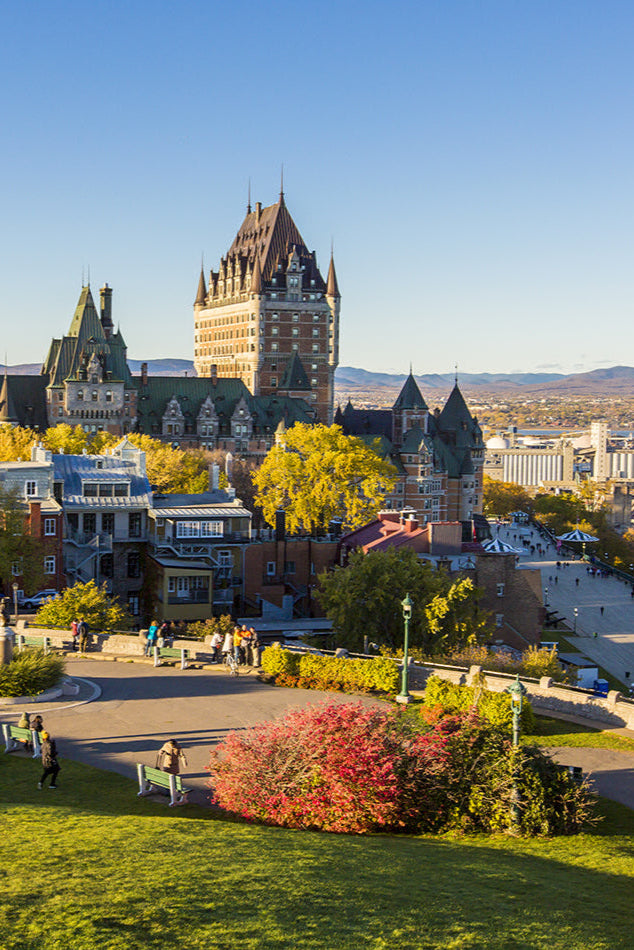


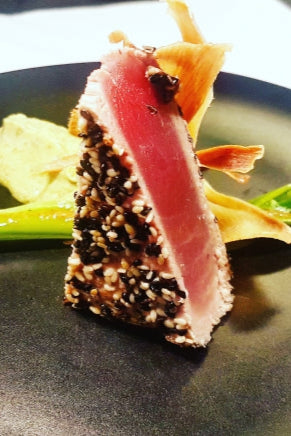


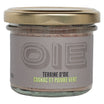
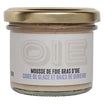

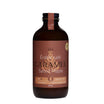

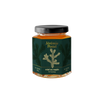

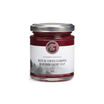
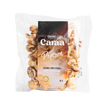
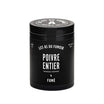
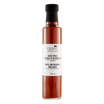
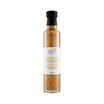
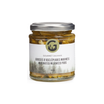
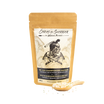
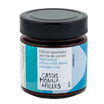
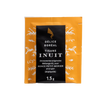

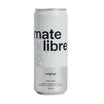
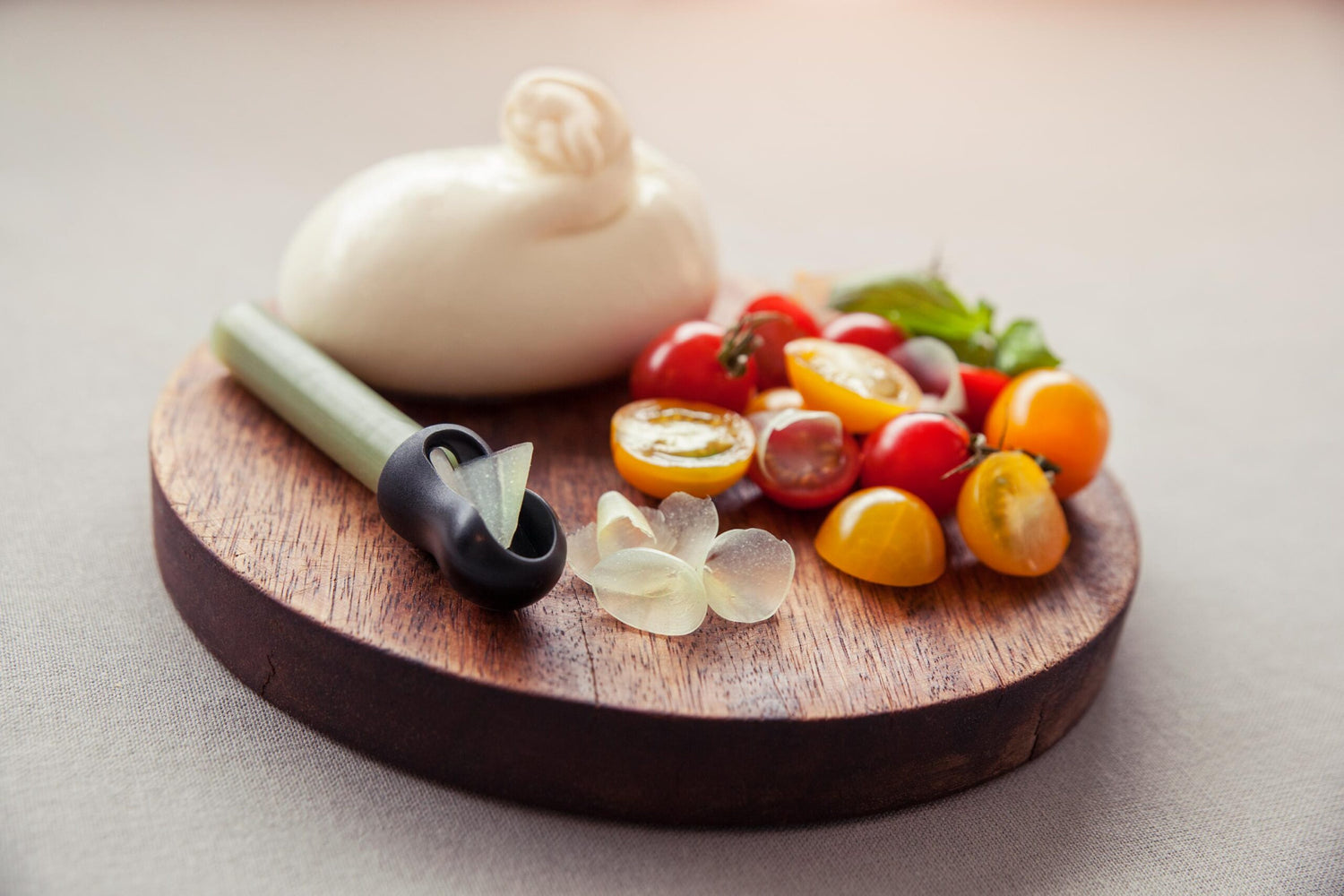


Leave a comment
This site is protected by hCaptcha and the hCaptcha Privacy Policy and Terms of Service apply.